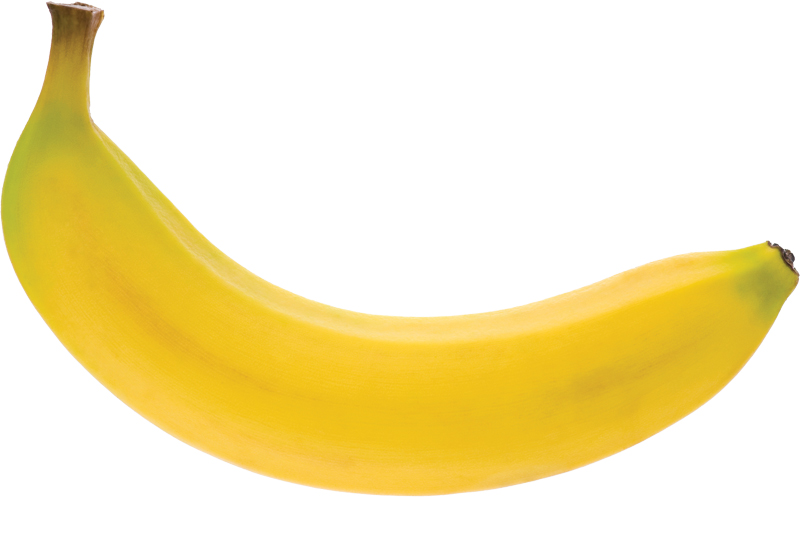Hypertension Fighter
Written By Jill Weisenberger, M.S., R.D., C.D.E
—
The secret weapon? Potassium!
According to the Centers for Disease Control and Prevention (CDC), one-third of American adults are living with hypertension (high blood pressure) and another 30 percent has pre-hypertension. It’s welcome news then that consuming ample potassium can both significantly lower high blood pressure and your chance of developing it. High blood pressure raises the risk of stroke, heart attack, blindness and kidney disease and is affected by age, weight, genetics, lifestyle and diet. It’s known as the “silent killer” because you can’t see or feel that you are sick, cautions Janet Brill, Ph.D., R.D., author of the upcoming book Blood Pressure Down (due out May 7). Sodium in the diet raises blood pressure, but a diet with abundant potassium-rich foods blunts the effects of too much sodium, Brill adds.
Experts advise getting 4,700 mg of potassium per day, but most Americans fall far short, warns registered dietitian Sharon Palmer, R.D., author of The Plant-Powered Diet. “And it’s probably because we don’t eat enough fruits and vegetables,” she adds. Unfortunately, the American diet is overloaded with sodium. Low potassium and high sodium are a double whammy to your blood pressure.
The vast majority of dietary sodium comes from restaurant meals and canned and processed foods like soups, pizza and rice mixes. Fortunately some of the best sources of potassium—fruits, vegetables and beans—are also low in sodium. Thus, preventing or improving high blood pressure starts with eating foods close to the farm. “Potatoes, tomatoes and broccoli are good sources of potassium, but just pushing up your veggie and fruit intake will get you where you need to be,” advises Palmer. Milk and other dairy products are also sources of potassium, she says.
And there’s even more that potassium in foods can do for you: it can lower your risk for kidney stones and slow down bone loss, according to the 2010 Dietary Guidelines for Americans.
Wonder if you could get too much potassium? The Institute of Medicine did not set an upper limit for potassium because healthy people excrete excess potassium in their urine. However, if you have kidney disease or are taking a medication that could reduce potassium excretion, you may need less than the recommended 4,700 mg. If you’re not sure if you could be affected, ask your pharmacist about your medications and discuss your kidney health with your physician.
Did You Know?…
— Your brain, heart, muscles and just about every other part of you depend on potassium for their function and survival!
— Potassium helps the body in:
- maintaining normal acid-base balance
- growing cells
- regulating blood pressure
- nerve transmission and muscle contraction
- protein and carbohydrate metabolism
— Potassium-Rich Foods include:
- 1 c. frozen lima beans: 955 mg1 c. cooked spinach: 789 mg
- 1 medium potato, baked with skin: 738
- 1 c. orange juice: 496 mg
- 1/2 medium avocado: 488 mg
- 1 c. cooked broccoli: 457 mg
- 3 oz. cooked cod: 439 mg
- 1 medium banana: 422 mg
—

